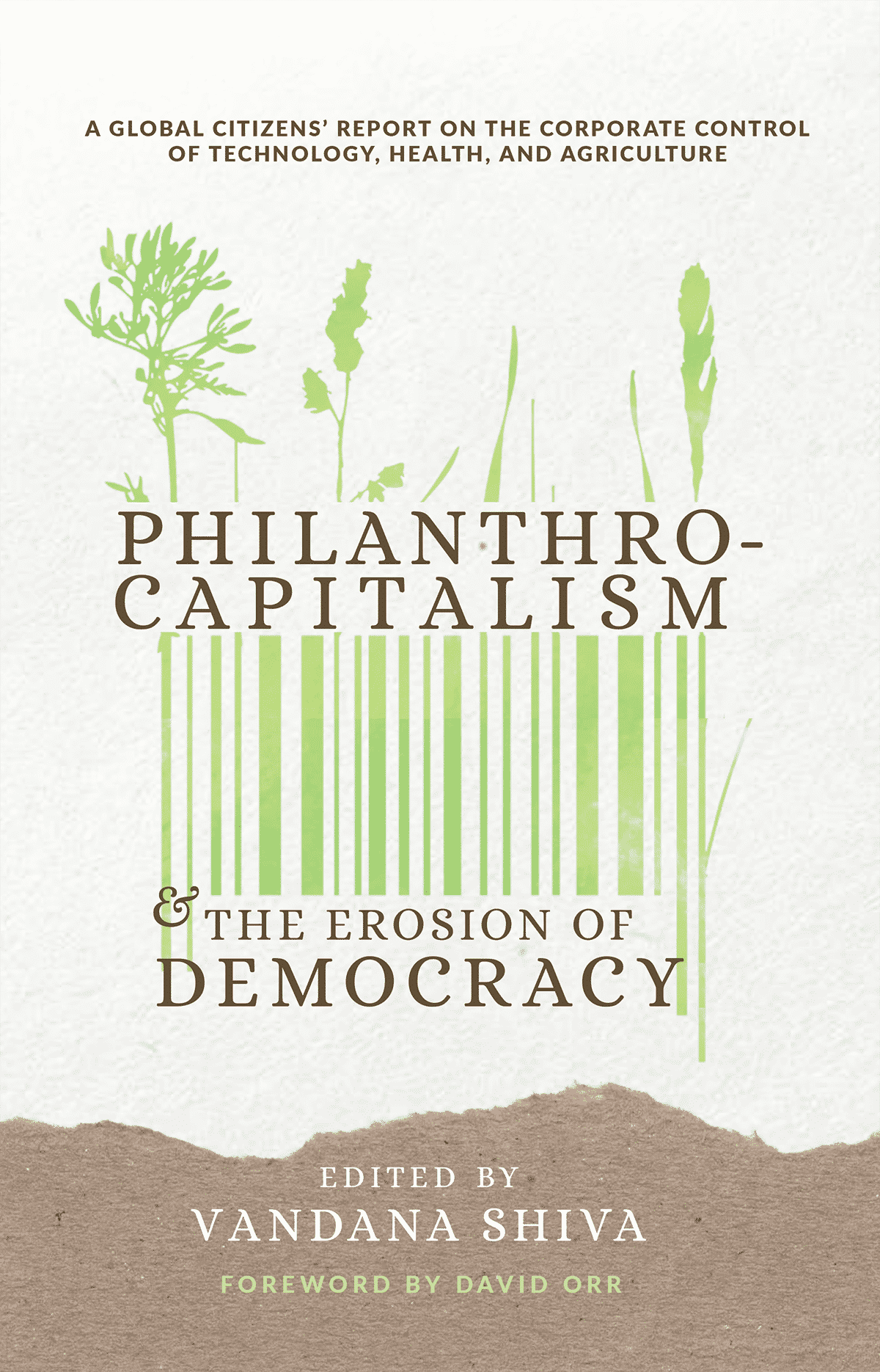Image by Freepik
When Philanthropy Reinforces Colonial Dynamics
While the act of giving has historically been seen as a benevolent gesture, there are underlying systems and ideologies that serve to perpetuate colonial and capitalistic structures. Traditional philanthropy, rooted in wealth accumulated during colonial eras, often reinforces the power dynamics of the past. When wealth derived from oppressive systems is redistributed without relational attunement, deep introspection, or systemic change, it can inadvertently uphold the very disparities it seeks to alleviate. This article explores these critical perspectives on the changing landscape of giving.
UK Charity Dimantles Itself, Recognizing Philanthropy as a Colonial Capitalist Force
Last month major charitable foundation based in the UK, Lankelly Chase, which distributes approximately £13m annually to numerous organizations focused on sectors like social, racial, and climate justice, expressed its concern about the way in which traditional philanthropy is “entangled with colonial capitalism”, expressing its intentions to form innovative paths forward.
In a statement published on their website, they write, “We have recognized the gravity of the interlocking social, climate and economic global crises we are experiencing today. At the same time, we view the traditional philanthropy model as so entangled with Colonial Capitalism that it inevitably continues the harms of the past into the present.”
Over the next 5 years, the organization plans to redistribute its assets and dismantle itself to redistribute its assets and dismantle itself, “so that money can flow freely to those doing life-affirming social justice work. We will make space to reimagine how wealth, capital and social justice can co-exist in the service of all life, now and for future generations.”
Taking a look at the connection between colonialism and philanthropy, Edgar Villanueva, author of Decolonizing Wealth, commented, “Colonization has a lot to do with philanthropy. Organizations and individuals who invest money need to understand the trauma that exists because of how wealth has been accumulated. We must own our part in perpetuating colonizing dynamics in order to really practice grant-making and investing with a lens of racial equity.”
Lankelly Chase’s recent decision to explore innovative ways to make change as a philanthropic organization mirrors Villanueva’s call for organizations to take responsibility for their impacts, proactively taking steps towards fostering true equity.
What is Philanthrocapitalism?
Philanthrocapitalism is a relatively new term coined by Matthew Bishop and Michael Green to describe a “new way of doing philanthropy” which mirrors the way that business is conducted in the for-profit world.
In this model, philanthropists act akin to venture capitalists, seeking measurable returns on their social investments. The focus shifts from merely giving away money to strategically investing it in initiatives that promise both a social and a financial return. In theory, philanthrocapitalism combines the ideals of the capitalist marketplace with the desire to bring about positive social change. Critics argue that by aligning philanthropy too closely with market principles, it risks sidelining the voices of those it aims to help, and may inadvertently perpetuate systems of inequality. Yet, its proponents believe that by applying business methodologies, greater efficiency, transparency, and long-term impact can be achieved in the realm of charitable giving.
Philanthrocapitalism as a Colonial Force
However, author and environmental activist, Dr. Vandana Shiva, critiques the notion of philanthrocapitalism in her book titled Philanthrocapitalism and the Erosion of Democracy. Dr. Shiva suggests that philanthrocapitalists are perpetuating and creating new forms of colonial violence through the use of digital technologies. In particular, her critique of philanthrocapitalism centers on how billionaires and corporations are amassing wealth and power through philanthropic interventions in land, food, and farming in the Global South.
She writes, “When technology is seen as a religion, a civilizing mission to be forced undemocratically on people, and a means for money-making elevated to human ends, it goes beyond ethical, social, ecological, and democratic assessment. Instead of being chosen, adopted, or rejected, we see technology as a forced recolonization in modern garb.”
Ever since the advent of the Green Revolution, companies have dictated what constitutes a “profitable venture” for farmers. However, as a direct result of such ventures many small-scale farmers found themselves burdened with debt, leading to the loss of their properties. In some tragic instances, the overwhelming pressure of these debts pushed them to take their own lives.
Dr. Shiva goes on to explain how such ventures “elevate corporate tools to a new religion and new civilizing mission, which has been imposed to civilize the ecological, independent, knowledge-sovereign farmers who are seen as the new “barbarians.” New technological fundamentalism makes corporate tools a measure and indicator of human progress, immune to social and democratic assessments.
In conclusion, as the philanthropic sector grapples with its complex legacy and evolving practices, it is imperative to prioritize introspection and accountability. Dr. Vandana Shiva’s book, Philanthrocapitalism and the Erosion of Democracy, offers invaluable insights into this very critique. By actively engaging with such critiques and prioritizing the voices of those affected, we can begin to compost ideas that perpetuate inequality and cultivate novel pathways that work to benefit all beings.

This anthology calls to account problematic initiatives that serve to corrode the integrity of democratic institutions, often under a banner of future-oriented innovation. This book lays bare the destructive power of overly capitalistic systems that enable mass human suffering and environmental catastrophe via the entanglement of private investment and public policy.


